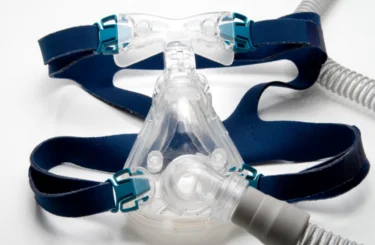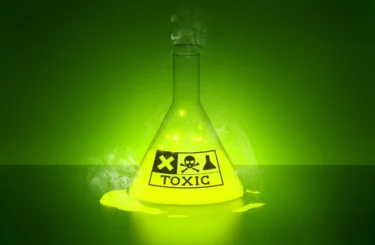
Sommers Schwartz Joins Consortium of Elite Firms Seeking Damages from Opioid Distributors and Manufacturers
Not a day goes by without a headline describing an opioid overdose tragedy in our local communities. This national epidemic not only takes its toll on individuals and families, but the cost of treatment, policing, criminal prosecution, and health services has placed a financial burden on already cash-strapped cities and counties.
The Opioid Epidemic in America
Misuse and abuse of prescription pain relievers is a serious national emergency that increasingly affects public health as well as social and economic welfare. Every day, more than 90 Americans die after overdosing on opioids. The Centers for Disease Control & Prevention estimates that the total cost of prescription opioid misuse in the U.S. exceeds $78.5 billion a year, which includes expenditures for healthcare, lost earnings and productivity, addiction treatment, and judicial proceedings.
Recently disclosed information has shed light on the culpability of Big Pharma and Big Distributors in the creation of this public health crisis. Consequently, state and local governments have begun to explore civil litigation to hold the drug industry accountable for the taxpayer costs associated with addressing the opioid epidemic in America.
Holding Drug Manufacturers and Distributors Responsible
Proving that pharmaceutical manufacturers and drug distributors should reimburse governmental entities will require huge amounts of legal resources. Most states allow for lawsuits against manufacturers based on claims of misrepresentation and deception. Several states, counties, and cities have already filed suits claiming fraudulent and deceptive marketing practices to falsely deny or trivialize the risks associated with opioid use, while overstating the benefits of using opioids to treat chronic pain. Michigan law, however, gives drug manufacturers virtual immunity from such lawsuits.
But there are other players in the opioid supply chain, including major distributors such as McKesson Corp., Cardinal Health, Inc., and AmerisourceBergen. These “Big Three” drug distributors collectively control 85% of the market in prescription painkillers, and federal agencies including the U.S. Food & Drug Administration have found them to be complicit in the creation of excessive supplies of opioids in our communities.
Unlike a product liability allegation against a manufacturer, lawsuits against drug distributors accuse them of deliberately turning a blind eye to “suspicious” drug orders despite federal and state regulations requiring them to detect and report such orders. McKesson, the largest drug distributor in the nation, was recently fined a record $150 million by the federal government for its blatant failure to report suspicious orders, and Cardinal Health was fined $44 million for its failure to report suspicious narcotic orders to the U.S. Drug Enforcement Administration.
Proving Drug Distributor Liability
State, county, and municipal governments are pursuing damages and penalties against distributors of opioid medications, citing public nuisance, negligence, deceptive trade practices, and violations of the federal Racketeer Influenced & Corrupt Organizations Act in support of their claims.
Along with injunctive relief to prevent the further unlawful distribution of prescription painkillers, government plaintiffs are seeking compensation in the form of:
- Money wrongfully paid for opioids through government-payor programs including employee insurance;
- Costs for providing medical care, additional therapeutic, and prescription drug purchases, and other treatments for patients suffering from opioid-related addiction or disease, including overdoses and deaths;
- Costs for providing treatment, counseling, rehabilitation services;
- Costs for providing treatment of infants born with opioid-related medical conditions;
- Costs for providing welfare or protective services for children whose parents suffer from opioid-related disability or incapacitation; and
- Costs directly associated with law enforcement and public safety relating to the opioid epidemic.
Sommers Schwartz and a Consortium of Law Firms Are Leading the Charge
Not just any firm has the experience in representing local governments in class action and multi-district litigation, and very few law firms have the resources, talent, and time to commit to successfully prosecute such claims. In light of the national opioid crisis and its devastating impact on our communities, Sommers Schwartz has teamed up with a select group of prestigious law firms including Baron & Budd, Greene Ketchum, Hill, Peterson, Carper, Bee & Deitzler, and McHugh Fuller.
Together, we are committed to obtaining damages from the major drug distributors that have contributed in no small measure to the opioid epidemic in Michigan and elsewhere.
Please contact us today to learn more about our representation of governmental units to recover the costs to combat the opioid epidemic.
Robert B. Sickels
For more than 30 years, Robert Sickels has successfully represented plaintiffs involved in complex personal injury, medical negligence, and products liability matters.





